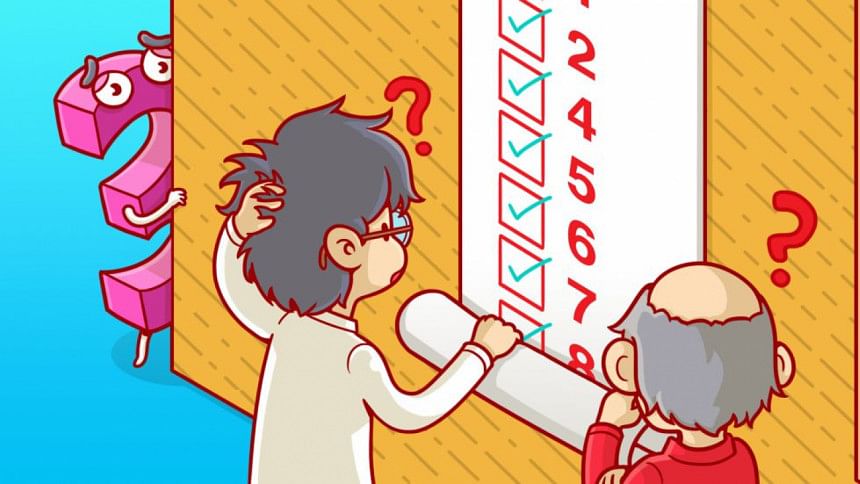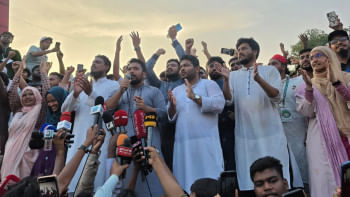Why we need general education for an engineering degree

General Education, or Gen Ed, is that portion of the course of study that lies outside the major or the specialty area, for example, engineering. Merriam-Webster defines Gen Ed as "a programme of education… intended to develop students as personalities rather than trained specialists and to transmit a common cultural heritage." Priscilla Hobbs of Southern New Hampshire University has described general education as a "well-rounded learning experience to help develop a well-rounded student." According to her, the three goals of Gen Ed are: reshaping the student's outlook on learning, learning soft skills desired by employers, and becoming well-versed in a wide variety of disciplines. Thus, in most US universities, the general education component of a curriculum includes courses in humanities, social sciences, languages (including communication), and the arts. A review of the criteria used by US accrediting agencies for both institutional and specialty programmes show that these agencies expect the institution's curricula to include an appropriate Gen Ed component. For example, The Higher Learning Commission (an agency that accredits higher learning institutions) requires in its Criterion 3B that "The institution demonstrates that the exercise of intellectual inquiry and the acquisition, application, and integration of broad learning and skills are integral to its educational programmes." Also, ABET (the agency that accredits engineering programmes) requires that the professional component of an engineering curriculum must include, "A general education component that complements the technical content of the curriculum and is consistent with the programme and institution objectives."
Notice the importance of Gen Ed placed in both sets of criteria. They each require Gen Ed but do not specify which courses to include, leaving that for the institutions to decide. Institutions must decide what Gen Ed would constitute of, based on its mission and the needs of its various constituencies. As a result, undergraduate curricula in the US generally consist of two major components: the specialty field (such as mechanical engineering) education and general (studies) education.
I believe that in the current environment of increasing globalisation of national economies and culture, it is important that graduates of Bangladeshi engineering and technical programmes have global competence, and are self-learners and life-long learners. A 2006 report for American Society for Engineering Education states, "engineering colleges… must educate their students to work as part of teams, communicate well, and understand the economic, social, environmental and international context of their professional activities." Similarly, a 2007 paper in the Journal for Global Engineering Education states, "Global competency is essential for engineers from any country who now compete in an international market for engineering know-how. No longer is cultural sensitivity needed only for product design destined for diverse markets. Increasingly, successful entry into the engineering profession requires significant intercultural skills in order to join efficient and productive collaborations with diverse engineering colleagues. Those colleagues may be encountered 'virtually' at a distance, in person at an international site, or next door in the office of a multinational corporation. Outsourcing is increasing, not only for products but also for processes, including highly technical engineering work. Projects are distributed across sites and effective collaboration requires professionals who can work productively with colleagues who are very different from themselves." I have found that employers of our graduates, particularly those of engineering and business disciplines, and our corporate partners have often stated the need for engineers (read, employees) who can work in global teams, where teams are made up of members from different cultures, speaking different languages, following different religions, and living in different countries. These teams develop, design, produce, deploy, and maintain products and services for their consumers and customers. So, my question is: do the graduates of engineering programmes in Bangladesh get educated to be successful in this global, collaborative workplace?
To answer this question, let us review what humanities, social sciences, and language-related courses these students take from Class 9 through the end of a 4-year engineering programme. In Class 9, students are channelled into a "science stream" and only these students have the ability to enter an engineering programme. For example, in classes 9-12, students take four Bangla and four English courses, one course in religious and moral education (which is a course on a chosen religion) and maybe an additional subject course. Thus, in four years a total of eight courses in Bangla and English, and two humanities/social sciences courses. Finally, in a 4-year engineering programme, for example in B.Sc. in Mechanical Engineering at BUET, a total of three humanities courses as electives.
In my opinion, the depth and breadth of courses from class 9 onwards cannot adequately prepare an engineering graduate to become a globally competent professional. So, what needs to be done? One approach would be to consider redesigning the undergraduate engineering curriculum to include the coverage of content materials in (i) communication (writing, understanding, and speaking); (ii) world cultures (including history and geography); and (iii) society (sociology) and religions. The redesign does not necessarily entail extending the programme length but may involve the reduction/realignment/reconfiguration/updating of some existing technical course materials creating space for the addition of general education content. It is not going to be an easy process as some will push hard against reducing "their own course material" for the new "soft" content. It is possible only if the faculty and the administration support the need for change, and there is the sincere interest of employers and other constituencies.
The goal of these curriculum redesign efforts should be for preparing the graduates to be globally competent, who can work effectively in culturally diverse teams, can communicate well, have cross-cultural sensitivity and adaptability, and is a self-learner. Tall order but not impossible.
Dr Abu SM Masud is Professor Emeritus of Industrial, Systems, and Manufacturing Engineering at Wichita State University, Wichita, Kansas, USA. Prior to his 2017 retirement, he held the chair-position of Boeing Global Engineering Professor at Wichita State. He is a Fellow of IISE and of IEOM Society.






Comments